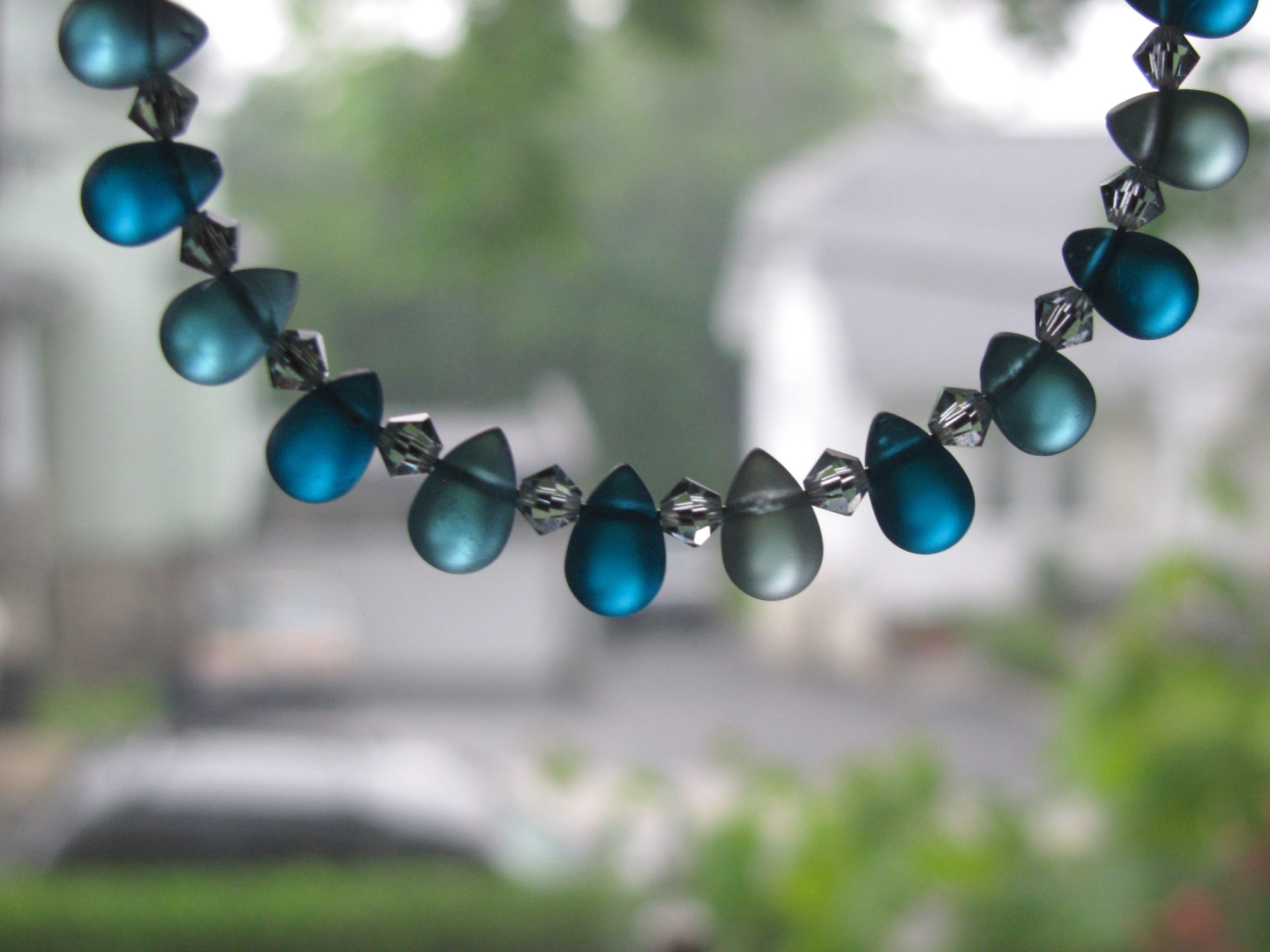How can I rest?
How can I be content
when there is still
that odor in the world?
— Louise Gluck
Hours before she died, my grandmother
sucked dry three segments of a navel orange
and, claiming her appetite had a short range,
hooked out the pulp with her finger,
shreds catching on her ring. With delicate theater,
she wrapped the untouched sections in a napkin
she’d halved down the center folded line
to keep them fresh for later.
I fly in to sit shiva from Orange County,
where the branches that bear citrus are bent
by a greedy public who can’t resist
loading their bushels with questionable bounty –
the hard, yellowing rinds left hanging by migrant
workers, who know best this business
of surplus, and restraint, and what to pick when.
And all at once, oranges are everywhere:
In the shampoo I use to wash my niece’s hair.
In the disinfectant wiped onto porcelain
fixtures in the home where the dead are lain.
On the plates I fix for guests too old to rise from chairs;
nestled, smugly poisoning the air
from grass-filled bamboo baskets sent by friends.
My niece balances the fruit on her baby-fat palms
before rolling them to the great-aunts, who can’t
remember the exact numbers of their ages but who speak
with accents Polish enough to date them.
” ‘Range,” Corrie says. She’s learning to want
the meaning to match the sound, so when she plucks
it on the string of her tongue over and over
her relatives will marvel and give applause.
She bowls the fruit at every leg in the house,
each pant-suited visitor a pin to strike and quiver.
Tomorrow, one of my grandmother’s sisters
will trip on a forgotten orange and break
her hip, and the doctor will adjust his face
and pat her silk-clad shoulder, and call her, “Helen Dear.”
And in the hospital she’ll tell the story
of my frugal grandmother’s last day
to the congregated bedside brood,
and claim she’d prefer a fruit with more glory.
“But should the season call for an orange,” she’ll say,
“at least make it blood, my darlings. Make mine blood.”
—Jen Karetnick, from Brie Season, Kelsay Books/White Violet Press. First appeared in The Slate. Used by permission of the poet.
